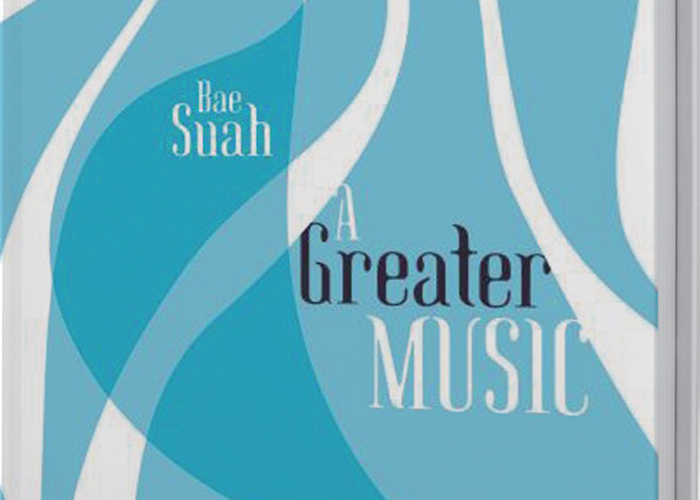View this article in another language
- 한국어
- English
- 日本語
- 中文
- العربية
- Español
- Français
- Deutsch
- Pусский
- Tiếng Việt
- Indonesian

What drives this novel is not plot, then, or character or voice—those things we usually think of as the foundations of narrative—but consciousness, and everything that “happens” is borne up and swept along by this, in a reversal as exhilarating as it is complex. The author’s intense and unwavering attention offers the great joy as well as the great challenge of this novel: it is up to the reader to keep up as the narrator switches tenses sometimes in mid-sentence, repeats herself, and jumps between memories and scenes.
The narrator delivers treatises on music and books, and ruminates on the meaning of the term “greater music,” and then on “greater death, greater nakedness… a greater universe, the soul of greater music, a greater rarity, a greater distance from the present location, greater Mendelssohn, greater M, and that greater winter.” She claims “the present does not exist,” and indeed, time is disorienting, like memory and identity, leading to the soft confusion and sharp clarity of a dreamlike state. The book feels like an intimate read, like sinking into the narrator’s mind. But this narrator resists intimacy, insisting that, “At the core of one’s existence is a pool of energy that has nothing to do with personal identity, but falls away from self, blends into the natural universe.” The narrator remains nameless, and her lover is only indicated by her initial, M.
This sense of distance is also what drives the novel’s great heartbreak: though the narrator is deeply and delightedly in love with M, she is unable to discuss problems and misunderstandings with her lover. She blames the limitations of language in part for their difficulties, noting, “A mother tongue isn’t a border that can just be crossed, not even with the strongest will in the world.”
When M comes to the narrator’s apartment, after the narrator has—without warning—moved out, the narrator sits inside and listens to M knock on the door. M is physically very weak and yet she lies outside the door all through the bitterly cold night, knocking and knocking. The narrator does not answer. In the morning, M is taken away by an ambulance. Later in the book, the narrator watches a sunset, and remarks, “It’s the only light that comes from the earth, rather than being suspended from some overhead canopy; it knows no hesitation or guilty conscience, and its red majesty brings your heart close to bursting...” And we are reminded of the uniqueness of M, and the love shared, which was undone by hesitation and guilt.
A Greater Music is one of those rare books that is unapologetically philosophical and wide ranging in its concerns: it explores the claims and responsibilities of love versus the pleasures of art, as well as the desire to possess and the reflexive resistance to being possessed. Savagely intellectual and quietly brutal, A Greater Music is a vexing and thought-provoking novel, as well an astonishingly moving one. I am haunted by the memory of M outside the narrator’s apartment, huddled up against the door, waiting to be let in from the cold. What would happen if the narrator let her in? What greater connection might they make? For all the narrator’s questions and musings, that’s what she’ll never know.
*Article from the List Magazine published by the Literature Translation Institute of Korea
Bae Suah made her literary debut in 1993 in the quarterly Fiction and Philosophy with “The Dark Room of Nineteen Eighty-Eight.” She is the author of the short story collection Green Apples Along the Highway (2002), and the novella Nowhere to Be Found (1998), and the novels Sunday Sukiyaki Restaurant (2003), North Living Room (2009), and Untold Nights and a Day (2013).